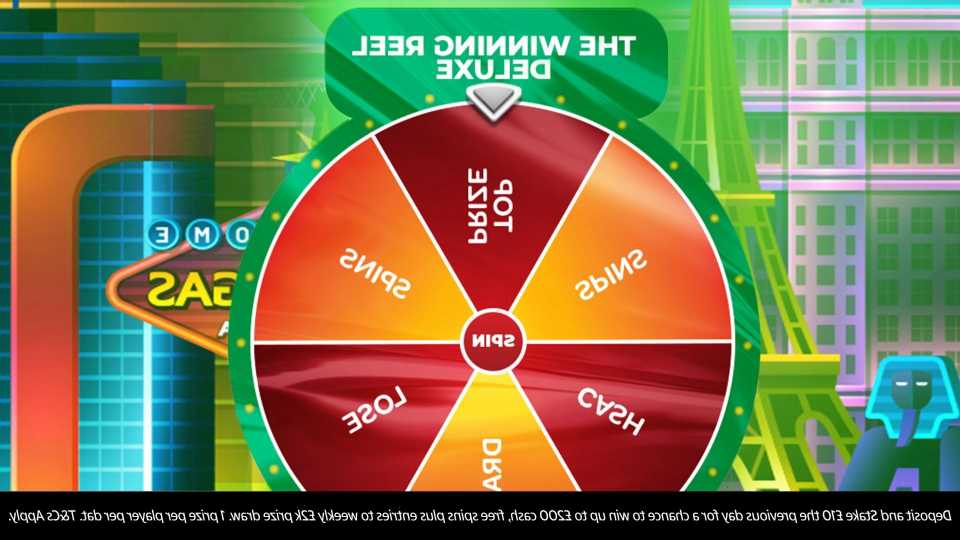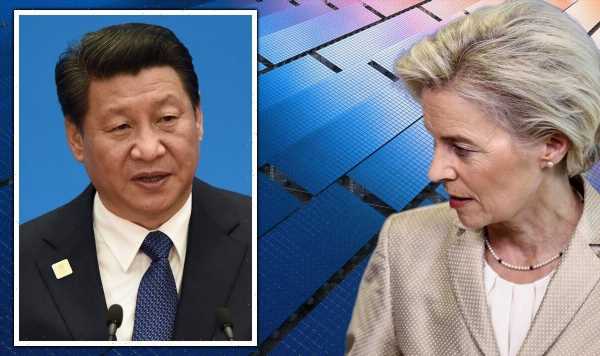HOUSEHOLDS will be paid to use their appliances at specific times to prevent blackouts this winter.
It will mean that people could be paid to put on their washing machines or charge their electric cars during off-peak hours.
National Grid has warned that Brits face three-hour blackouts this winter.
If the energy crisis continues, there might not be enough power for the country.
People are being encouraged to sign up with their electricity supplier for a scheme which will give them money back on their bills.
To get the money back, customers will be expected to shift their use of power away from times of high demand to help prevent blackouts.
That could mean putting on the dishwasher or washing machine overnight or charging an electric vehicle at off-peak times.
The "demand flexibility service" will run from November to March, and it is being introduced to help prevent blackouts.
The scheme will run 12 times to ensure people are rewarded, even if there are no blackouts this winter.
The National Grid Electricity System Operator's director of corporate affairs, Jake Rigg, said: "The demand flexibility service is a first of its kind and a smart way for signed-up consumers in homes and businesses to save money and back Britain.
"If you put your washing machine or other electrical appliances on at night instead of the peak in the early evening, you can get some money back when we all need it.
Most read in Money
Exact date child tax credit recipients will get second COL payment
Thousands of pensioners can get £125 in food vouchers for Tesco and Aldi
Martin Lewis warns everyone to check bank account now
I was left with no money for weeks because my bank thought I was dead…I'm raging
"The service is due to launch in November, so watch out for further details soon."
Without the scheme, there could be cold days creating a demand that outstrips supply.
It would then mean certain areas of the UK, would be warned of planned blackouts.
According to the National Grid, in this scenario, there would be a potential need to interrupt the supply to some customers for limited periods.
The news comes only months after Octopus Energy trialled a scheme which rewarded 1.4million customers for reducing their usage during peak hours.
Homes had to reduce their energy use by a certain amount between certain hours including 9-11 in the morning and 4.30-6.30 in the evening.
The trial was tried at the busiest times of the week in February, to see how supply and demand can be better balanced across the country's power networks.
And today, Ovo Energy announced that its customers could get up to £100 back by shifting their energy usage to off-peak times.
The company is looking for participants to cut their average consumption between 4-7pm to less than 12.5%.
Ovo said that for the average household, that could be the equivalent of moving three loads of washing per week from peak time to a greener time of day.
The energy supplier will pay the average customer £20 each month this is achieved.
Ovo Energy's trial runs from 1st November 2022 – 31st March 2023 and further details on how to sign up for the scheme will follow in due course.
Why could there be blackouts this winter?
There has been unprecedented turmoil in energy markets in Europe, due to shortfalls in gas caused by Russia's invasion of Ukraine.
Around 40% of the UK's electricity supply is generated from gas.
The National Grid says we are expecting a "challenging" winter and it is planning for what would happen if we're unable to import electricity from Europe meaning the UK didn't get enough gas.
Previously the National Grid has always said that if there were planned blackouts, these would only affect big businesses and not households.
To tackle a loss of imports from France, Belgium and the Netherlands, there are two gigawatts of coal-fired power plants on stand-by to fire up if needed to meet demand.
When could they happen?
If there are days this winter that is cold – creating high demand and low levels of wind power – then National Grid may need to interrupt supply for limited periods.
The worst period for supply is likely to be throughout December to mid-January, excluding the Christmas period.
The National Grid says that there would be planned three-hour blackouts in some areas.
The number of people left without electricity would depend on how many gas power stations would be forced to shut if there is not enough gas.
It did warn that this is a worst-case scenario.
Other ways to cut energy bills
Several suppliers offer Economy 7 tariffs already, which have cheaper pricing during the night compared to the day. We spoke to one man who saves money by washing his clothes at night on one of these.
Some also have tariffs that will pay you if you generate your own renewable energy and it goes back to the grid.
One man already proved he could make a difference to his power bill by using a clever trick.
The electric car owner shared how he cut his energy bill to almost zero by selling power back to the National Grid.
Running appliances including dishwashers, washing machines and tumble dryers on economy mode will help slash your bills by up to £100 a year.
Households could save up to £100 a year by reducing their boiler flow temperatures.
Read More on The Sun
Aldi shoppers rush to buy Christmas essential that costs 18p
Pregnant mum stuns as she shows exactly how her baby is lying in her belly
And upgrading your thermostat to a smart version could save you as much as £164 a year – it'll connect your heating system to the internet so you can turn down temperatures on your smartphone while you're out and about.
Making sure your home is insulated too is important.
Source: Read Full Article









